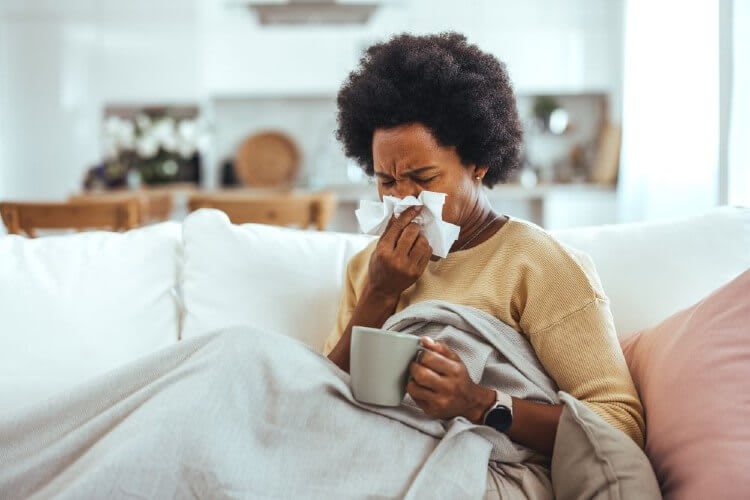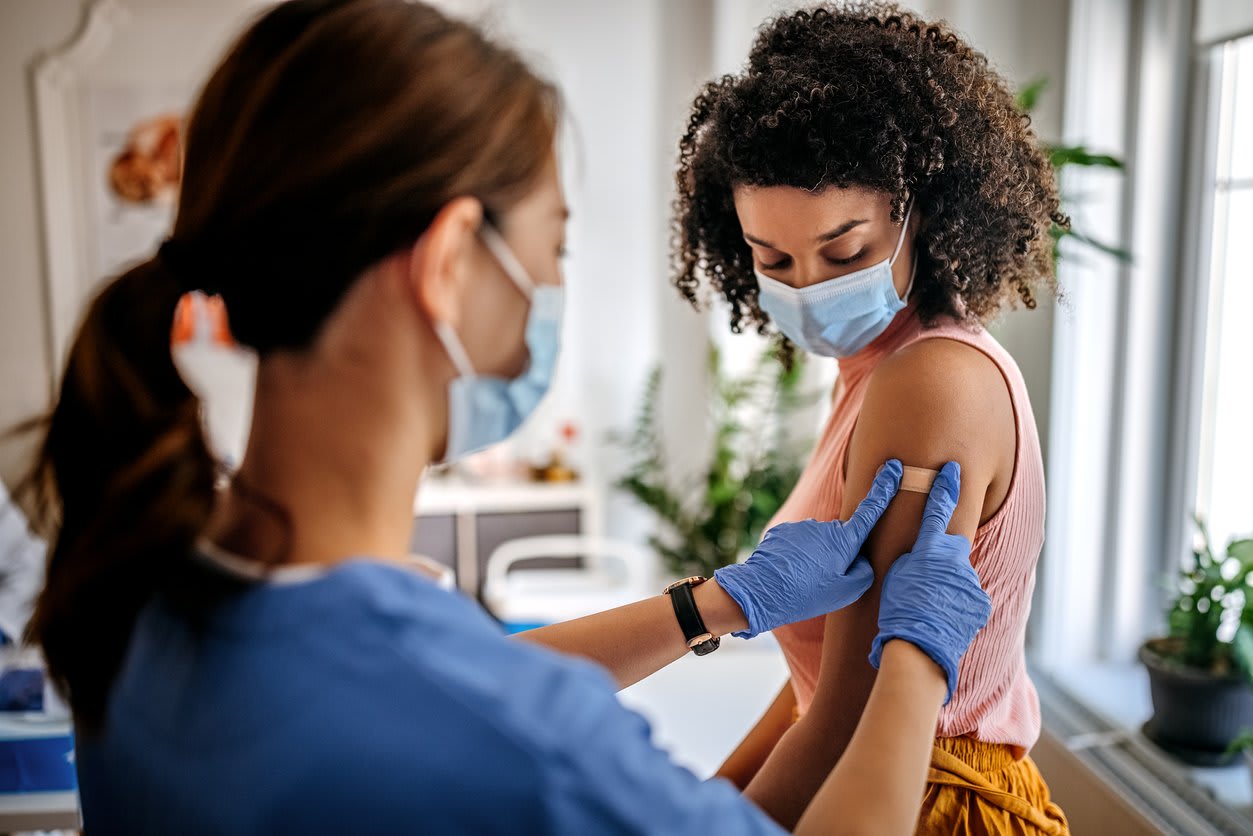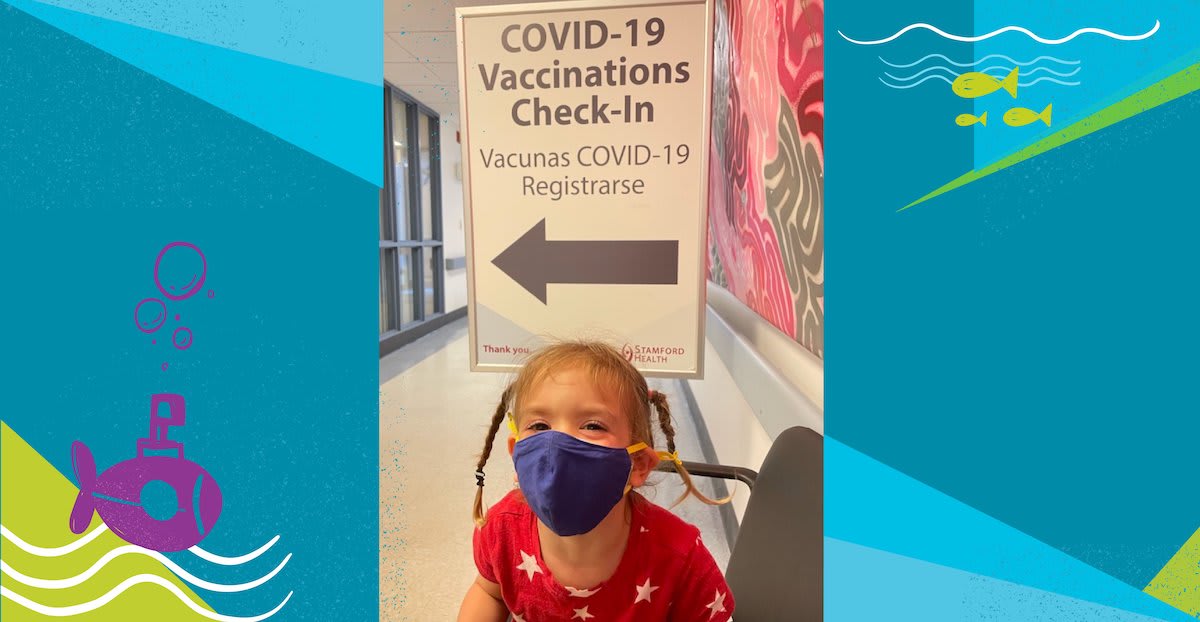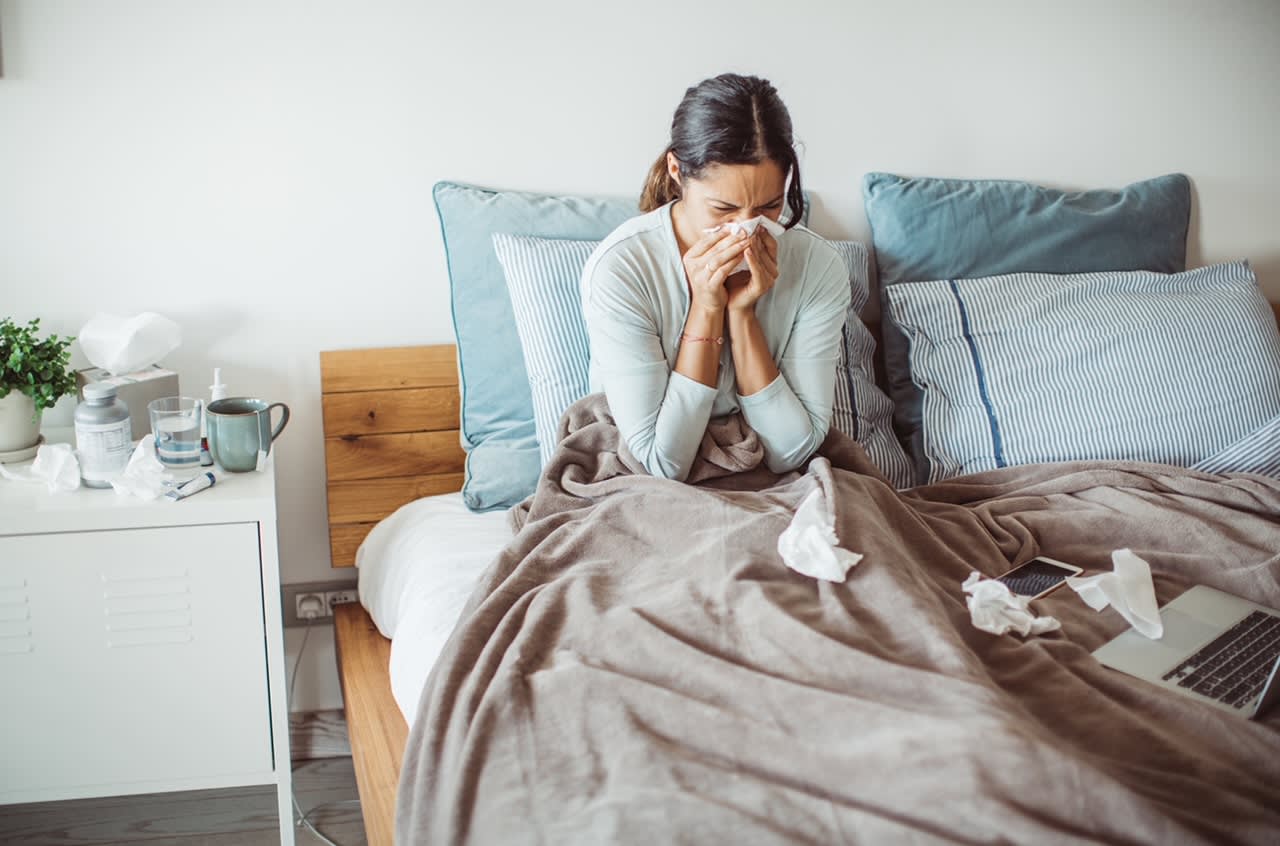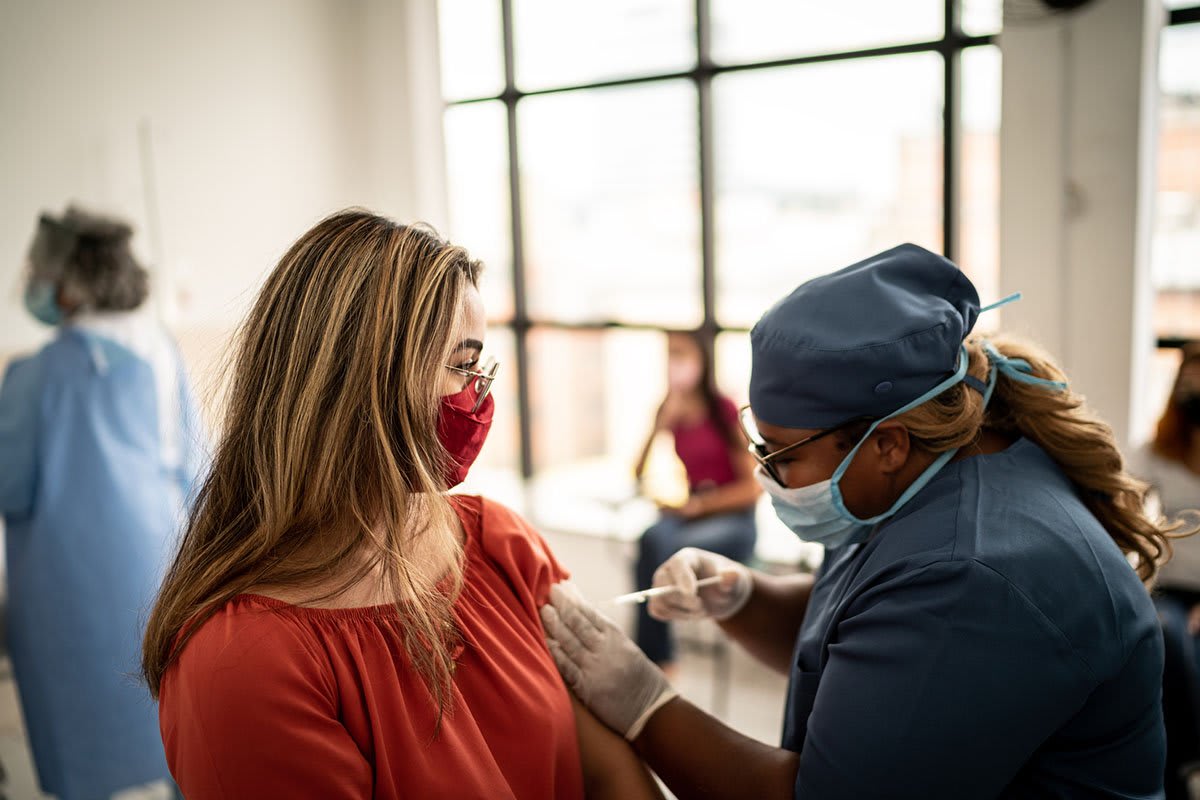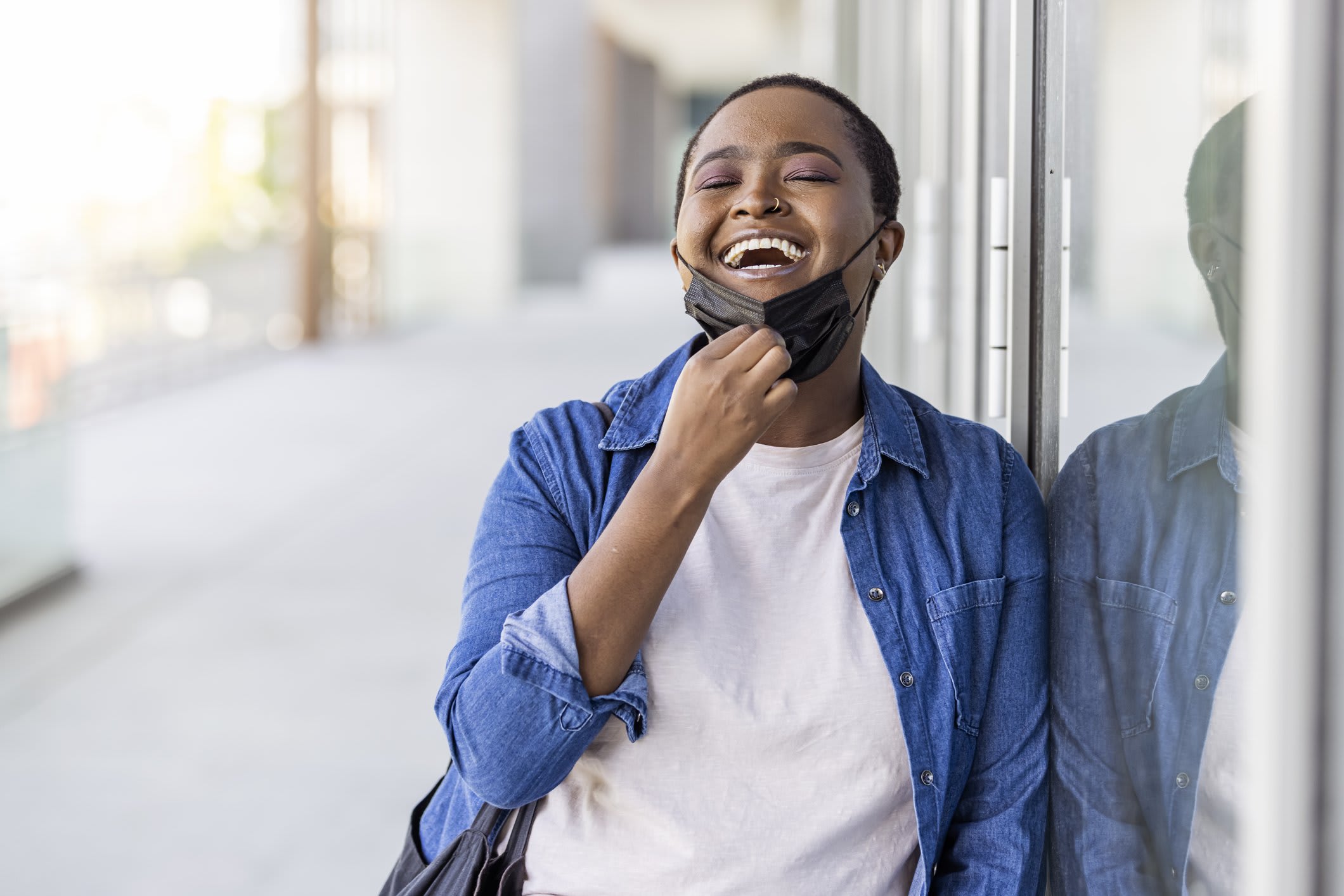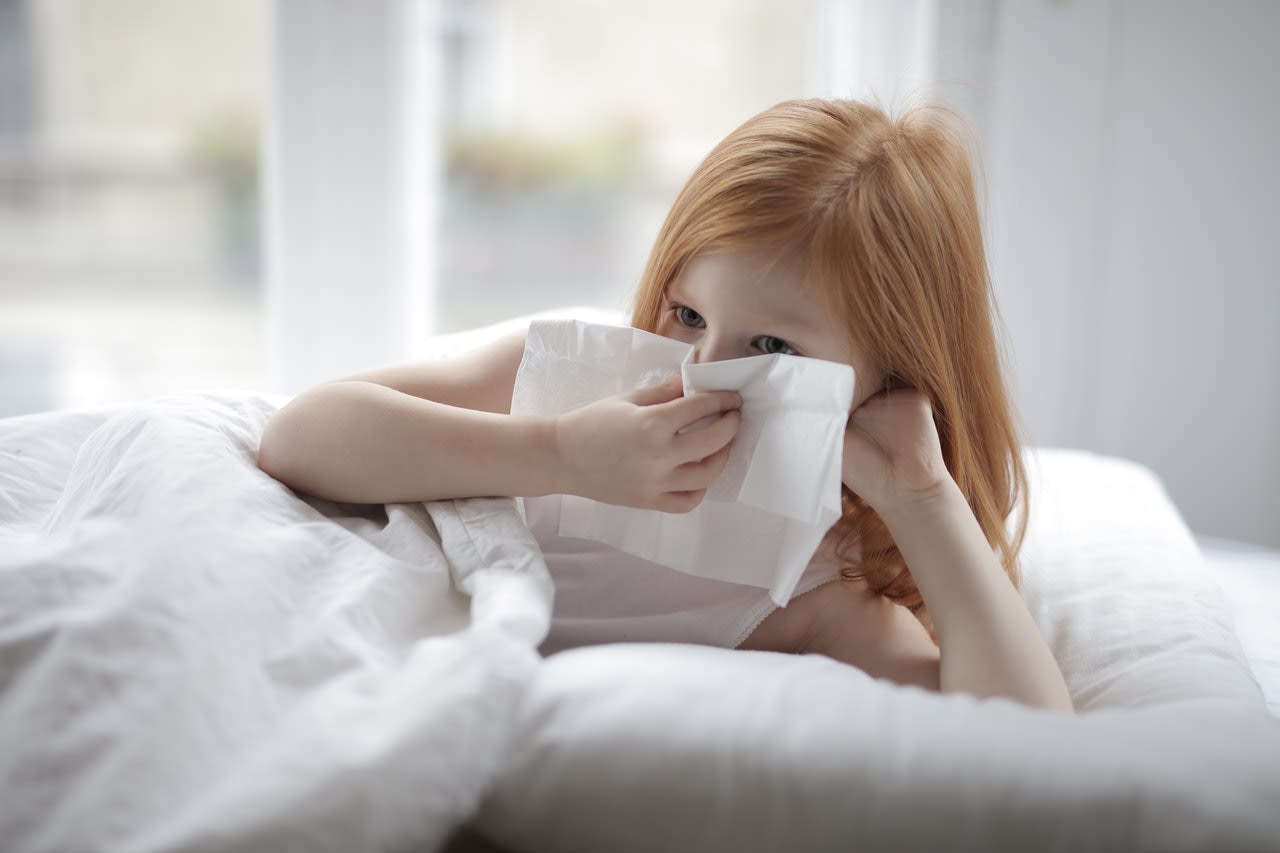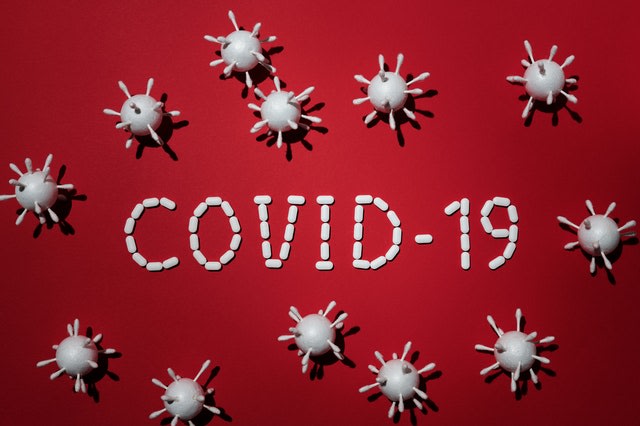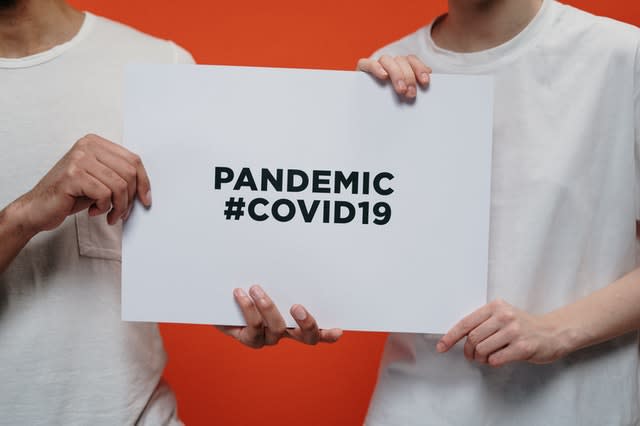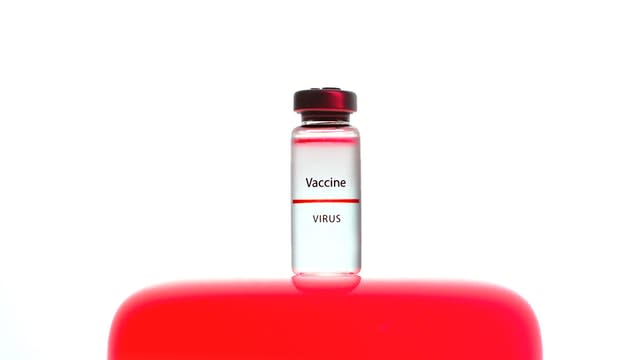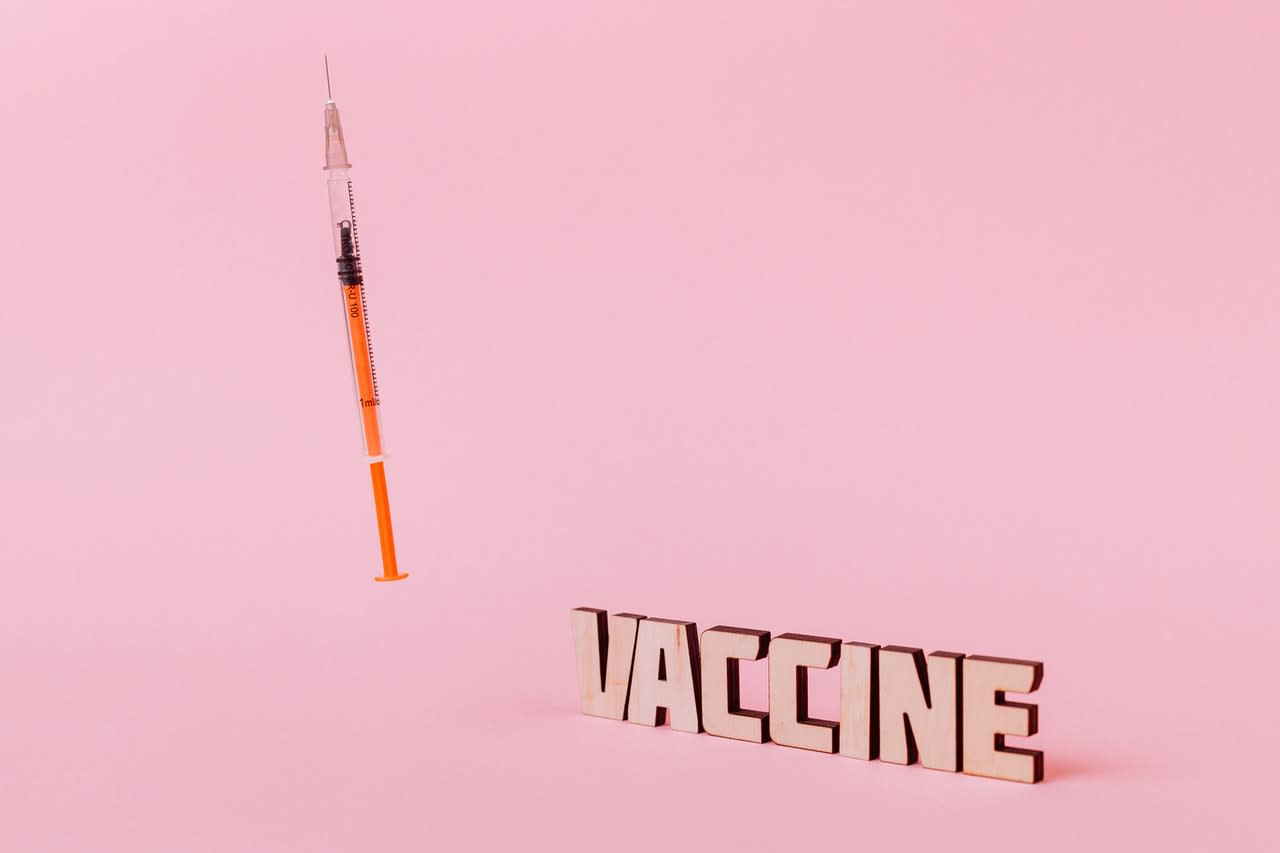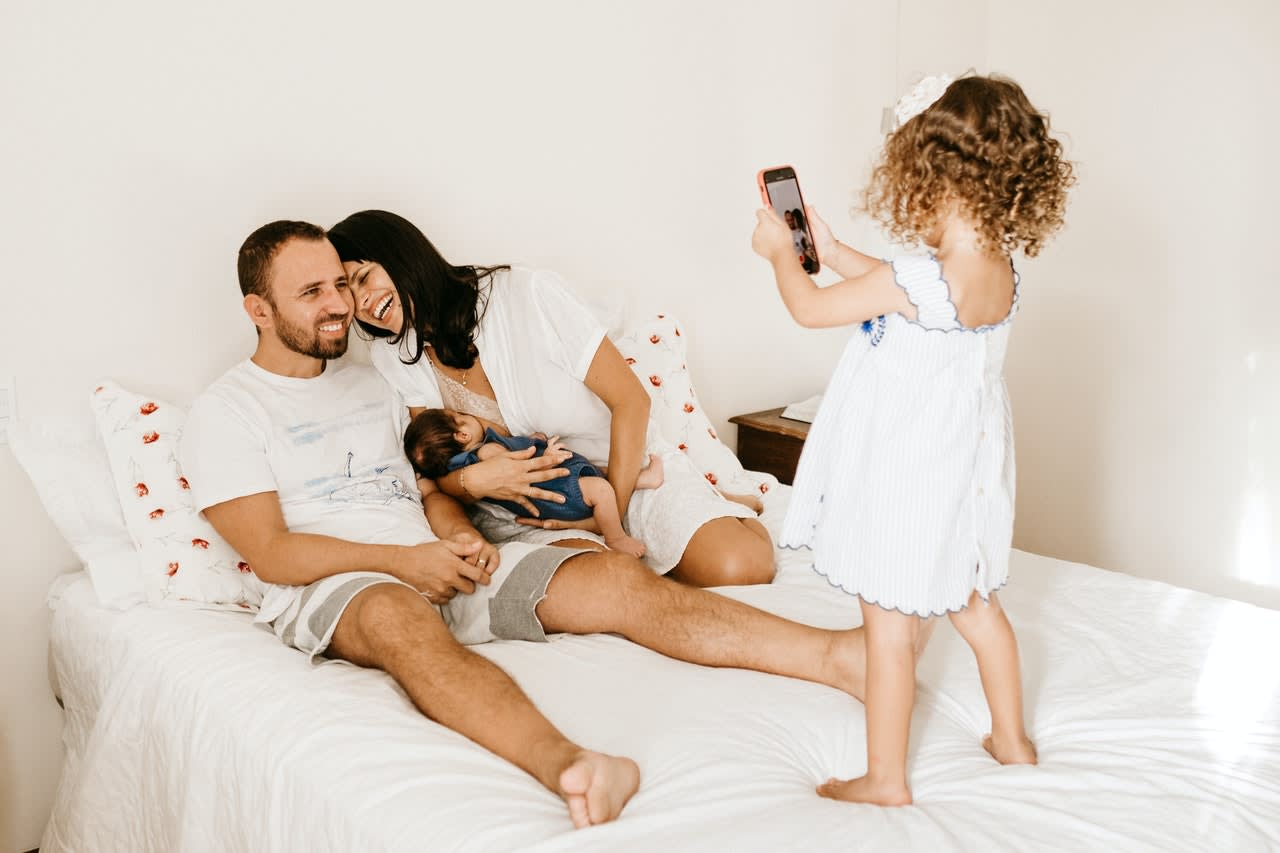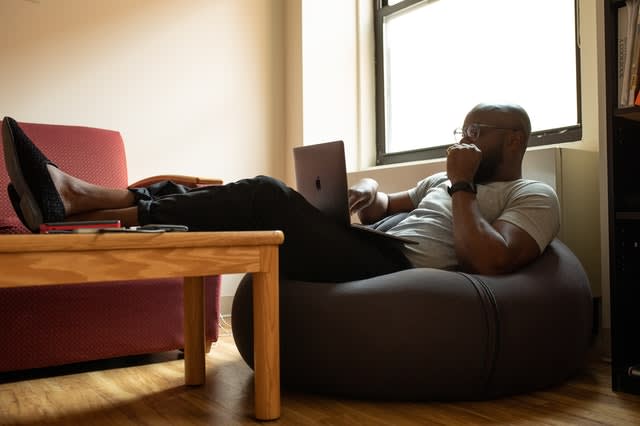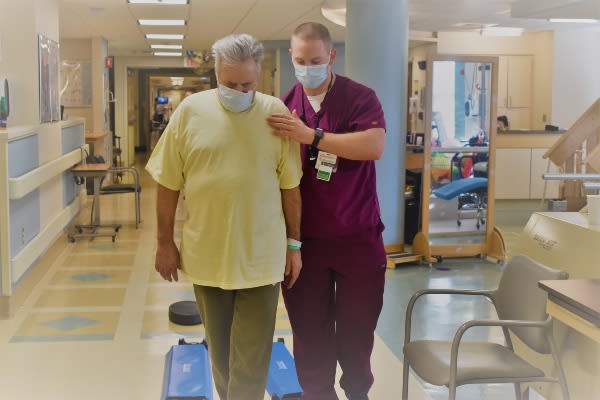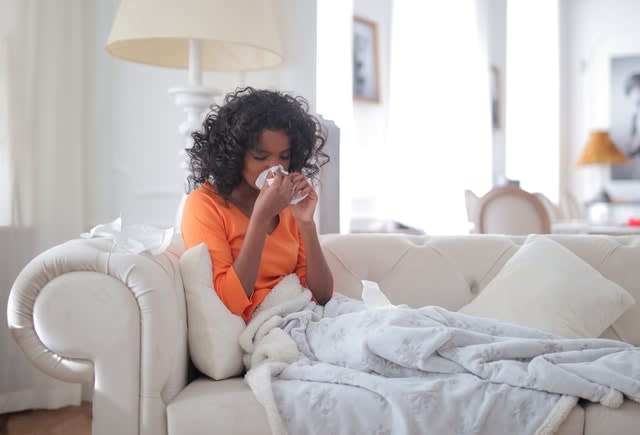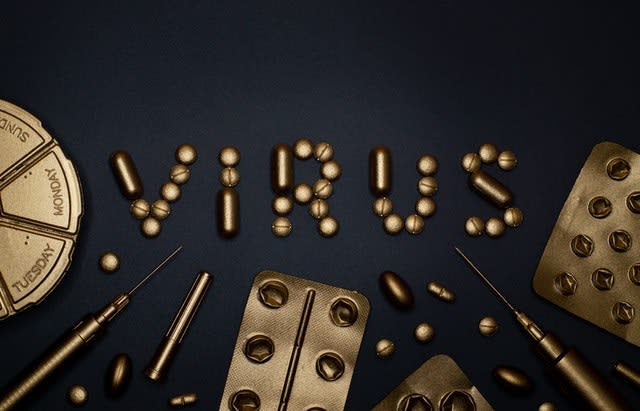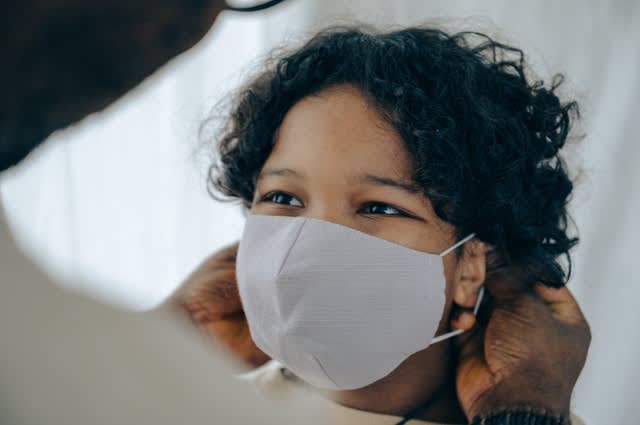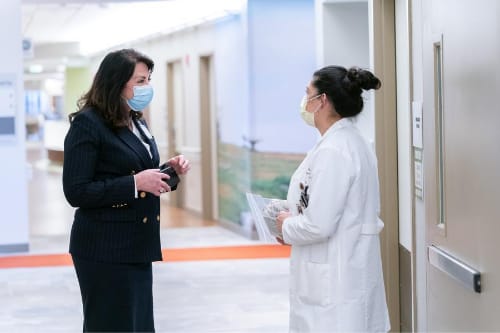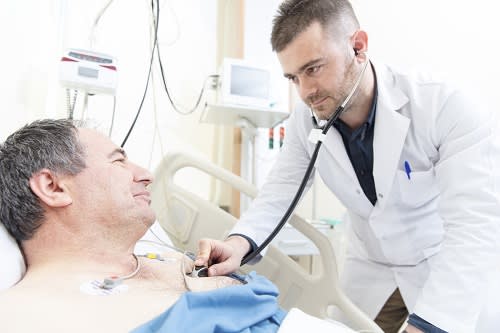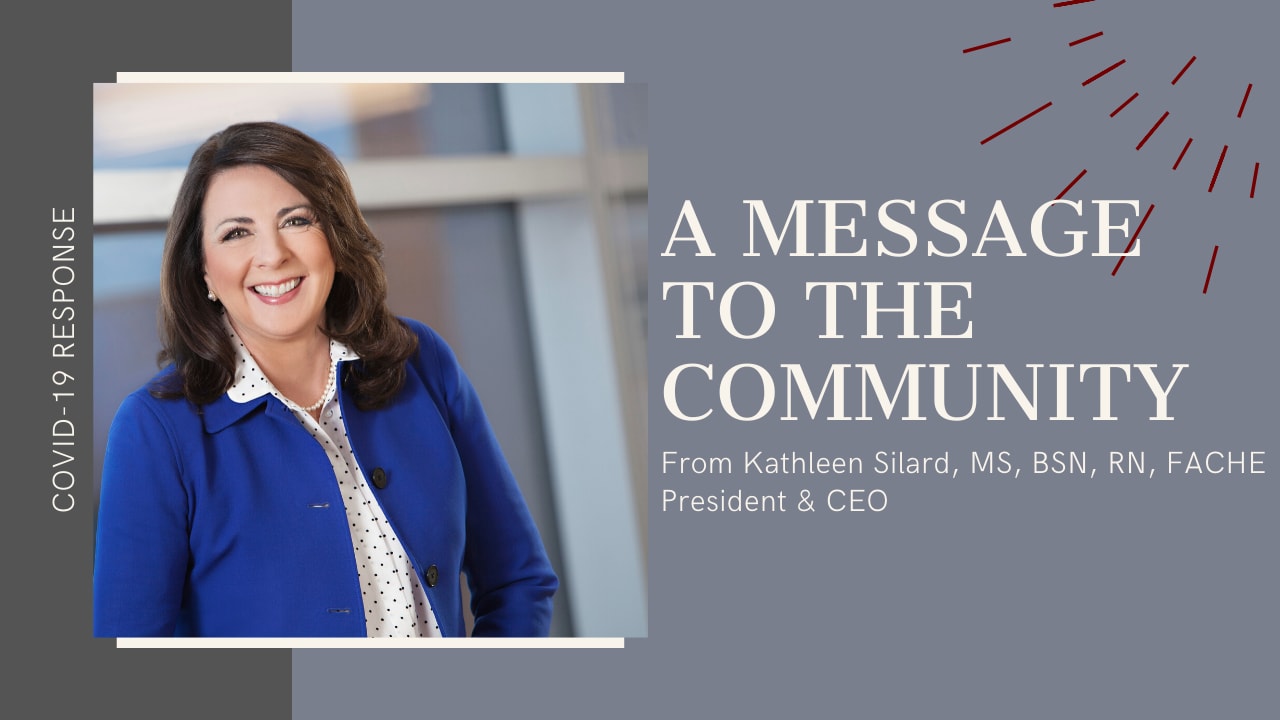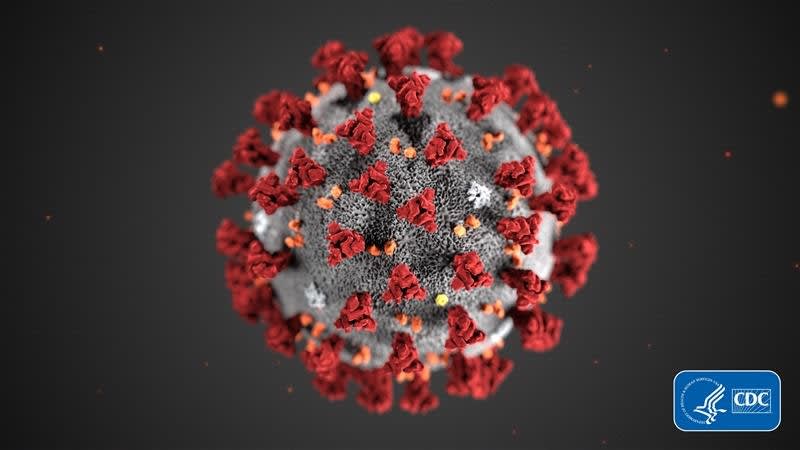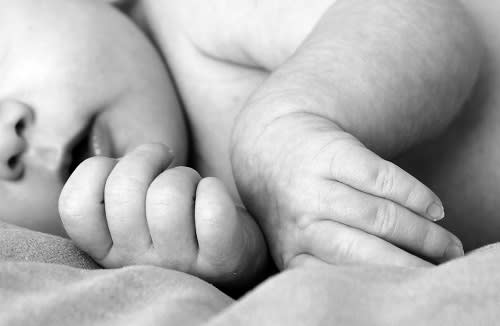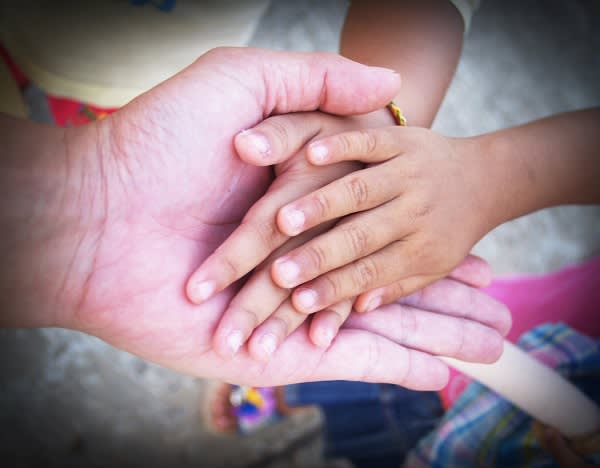I Tested Positive for COVID-19 at Home. Now What?
Published: January 05, 2022l
By Asha K. Shah, Director of Infectious Diseases, Stamford Health
COVID-19 is surging again, and so is the demand for testing. If you tested positive with an at-home antigen test kit, here are the steps you should take.
If you have school-aged children, please check with the school or daycare as they may set their own rules for quarantine and isolation.
If you feel as though your symptoms are worsening, or if you are concerned for any reason, let your doctor know. If you have an underlying condition that puts you at risk for complications, contact your doctor, even if you feel ok. This may be a good opportunity to take advantage of virtual care options and schedule a telehealth appointment.
If you are having trouble breathing, go to the nearest emergency room or call 911 immediately.
Learn more about quarantine and isolation guidelines on the CDC website.
COVID-19 is surging again, and so is the demand for testing. If you tested positive with an at-home antigen test kit, here are the steps you should take.
1. Assume the positive result is accurate and that you are contagious.
You’ve been hearing over and over that PCR tests are the gold standard in COVID-19 testing, but a positive on an antigen test is very accurate if you have symptoms. Antigen tests are not perfect, but you can assume you have COVID-19 if you get a positive result from your at-home test.2. If you have mild symptoms, stay at home and isolate as best you can.
We know this is not always possible, especially if you live in close quarters and are caring for family members. Try, however, to isolate yourself immediately. Wear a mask at all times if you can’t avoid interaction completely. If you have the space, stay in a separate room, preferably with its own bathroom.3. Understand what isolation means.
This bears repeating as the isolation requirements have changed throughout the pandemic. Right now, the CDC recommends an isolation period of 5 days regardless of vaccination status from the start of symptoms, or if you have no symptoms, from the date of your positive test result. It is important to note that you can stop isolating after 5 days only if you have no symptoms or your symptoms are resolving. Please wear a mask around others for the 5 days after that.If you have school-aged children, please check with the school or daycare as they may set their own rules for quarantine and isolation.
4. Call your recent close contacts.
Reach out to everyone you were recently in close contact with and let them know you tested positive for COVID-19 so they can take any necessary precautions for themselves.5. Monitor your symptoms and get medical attention, if needed.
Most of the time, supportive care (rest and relaxation) is the only treatment you’ll need to recover from COVID-19. Most cases of COVID-19 will not require a hospital visit or stay, especially if you are vaccinated. Be sure to keep hydrated, eat healthy, even if you have little to no appetite, and rest.If you feel as though your symptoms are worsening, or if you are concerned for any reason, let your doctor know. If you have an underlying condition that puts you at risk for complications, contact your doctor, even if you feel ok. This may be a good opportunity to take advantage of virtual care options and schedule a telehealth appointment.
If you are having trouble breathing, go to the nearest emergency room or call 911 immediately.
6. End your isolation once it's safe to do so.
Hopefully after 5 days, your symptoms will begin to improve. It’s also important to think about testing your household members, even if they have no symptoms. They will need to isolate if they test positive, even if you are coming out of isolation yourself.7. Get your booster shot if you haven't already.
Natural immunity alone is no guarantee that you will be protected against reinfection or severe complications from reinfection in the future. Remember, it is possible to get COVID-19 more than once. If you are not vaccinated or boosted, please get the shot. Ask your doctor how much time you need to wait in between recovering from COVID and getting vaccinated.Finally, what's the difference between "quarantine" and "isolation?"
- You quarantine when you have been exposed to COVID-19 and may or may not have been infected.
- You isolate when you are sick with COVID-19 or have tested positive, even if you don’t have symptoms.
Learn more about quarantine and isolation guidelines on the CDC website.
Featured Expert/ Author



